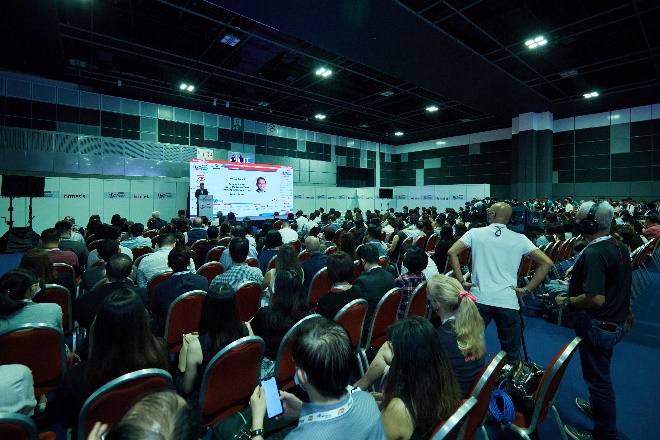Creating a winning EX formula to retain your best talent

If employee experience (EX) encapsulates what employees encounter and observe throughout their tenure at an organisation, the uncertain global economic outlook is only serving to shine an even brighter spotlight on EX.
At organisations look to reduce hiring, a new lexicon has entered the workplace conversation, as Gartner recently highlighted when it identified the top workplace predictions for CHROs in 2023.
CHROs, said Gartner, will turn to “quiet hiring” to acquire new organisational skills and capabilities by essentially asking employees to take on responsibilities and tasks beyond their job description.
Regardless of employees’ willingness to assume more responsibilities, what can organisations do to prevent potential burnout and turnover in the long term?
An effective strategy, suggested Gavin Morse, Senior People Scientist, Culture Amp, is for leaders and managers to conduct regular one-to-one meetings to help employees set priorities and clear roadblocks.
Speaking with HRM Magazine Asia, he elaborated, “Our research shows that high performers are most motivated when they receive constructive feedback at work. Organisations should ensure they are continuing to provide meaningful development and growth opportunities alongside any increases in workload, which can help to support employee engagement and retention.”

“Organisations should ensure they are continuing to provide meaningful development and growth opportunities alongside any increases in workload, which can help to support employee engagement and retention.” – Gavin Morse, Senior People Scientist, Culture Amp
“Measuring EX, including wellbeing and burnout risk, is crucial in this process. By collecting data and gaining insights, organisations can make more informed decisions to improve EX.”
The missing ingredient in the EX equation?
While employee engagement is critical for employees to feel a sense of belonging and purpose to their employers, many organisations are neglecting the importance of providing employees with autonomy and access to tools and systems that allow them to work efficiently.
Describing employee enablement as a crucial tool to boost productivity and enhance EX, Morse said, “This begins with thorough onboarding practices that enable employees to quickly become productive and remain with the company for a longer period of time.”
He also highlighted why organisations operating with a reduced workforce should examine the amount of time employees spend navigating inefficient or outdated systems and processes, which consumes time, creates fatigue and frustration, and negatively impact employees’ motivations to go above and beyond in their role.
“It’s also vital to remember that effective enablement is an ongoing process that requires continuous training, communications, and employee feedback to make adjustments and updates to work practices,” said Morse.
Elevating EX to retain your best talent
If organisations are looking for internal candidates to take on extra responsibilities, it is perhaps natural that they turn first to their top-performing employees.
These employees are not only more likely to succeed but may also be more motivated to upskill themselves as they look to enhance their careers. What then, can organisations do to improve employee engagement and provide a compelling incentive for top performers to stay and save costs on new hires?
A well-designed EX must include strong and inspiring leadership, career development opportunities, and meaningful feedback, suggested Morse, before adding, “Leaders can demonstrate their commitment to employee engagement by regularly communicating the company’s vision and values, and by empowering employees to take ownership of their work. Providing opportunities for professional growth, such as training and development programmes, can also help retain employees and keep them motivated.”
READ: Why organisational success begins with employee development
Reiterating that constructive feedback is essential to keep high performers engaged, he also encouraged leaders and managers to set clear performance expectations and provide regular feedback on an employee’s strengths and areas for improvement.
While this will help high performers feel valued and provide a sense of purpose, leaders and managers should also manage expectations in terms of displaying the tendency to ask high performers to take on most responsibilities and work tasks.
To better support employees, Morse advised organisations to promote more sustainable work practices that include offering flexible work arrangements, providing work-life opportunities, and encouraging employees to take time off when needed.
“By taking these steps, organisations can improve EX and retain their top talent for the long term,” he concluded.
Click here to find out how you can successfully map EX in your organisation.



